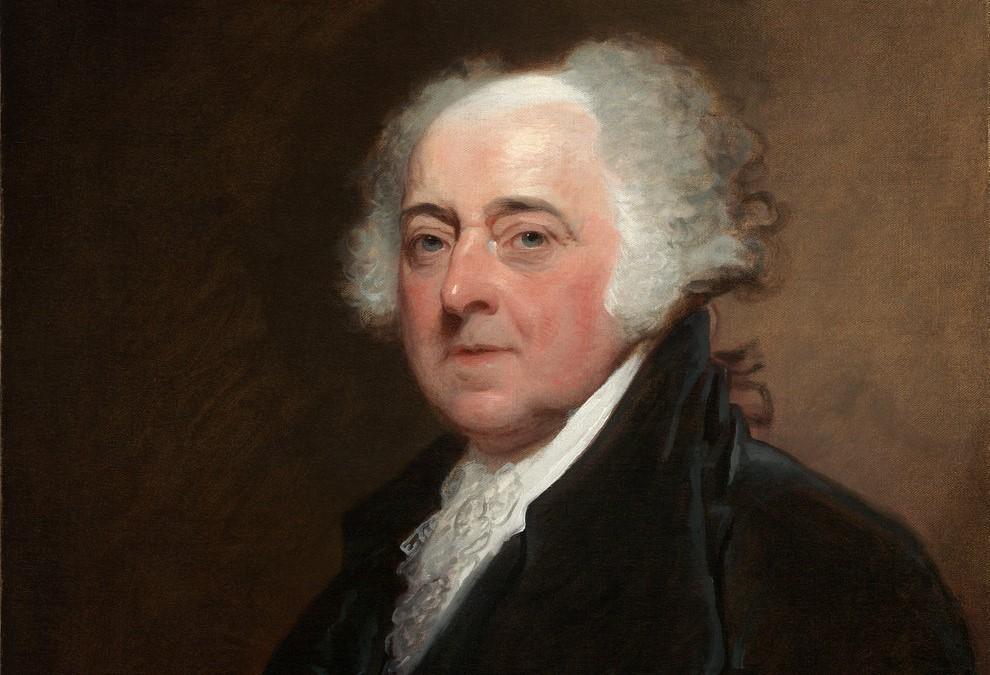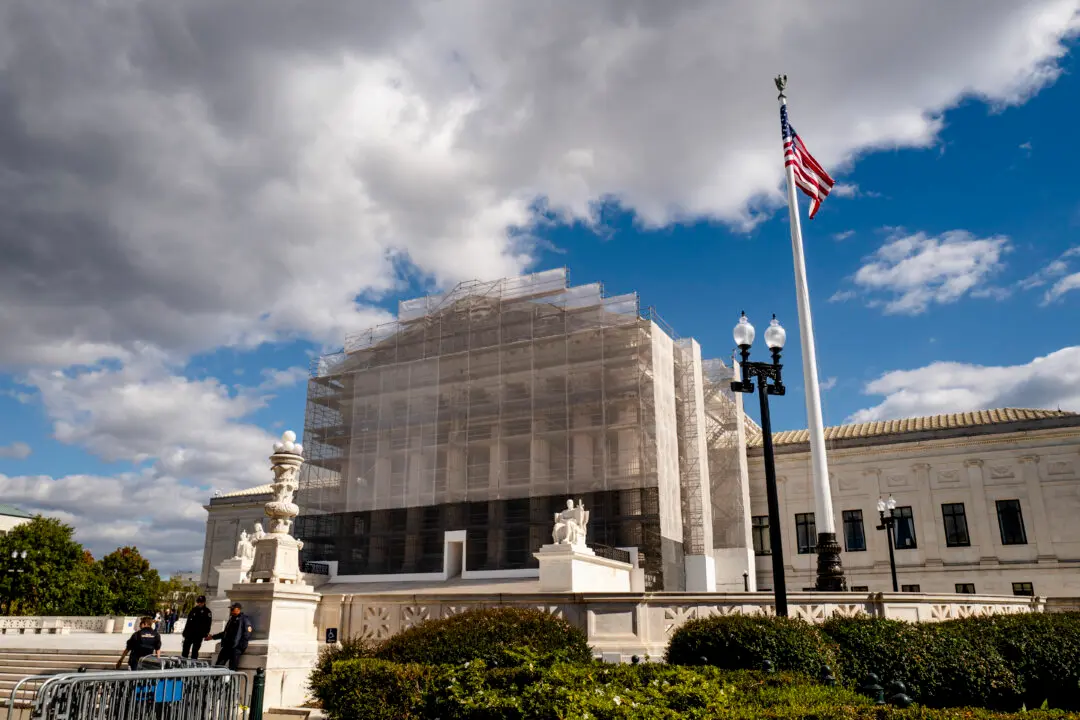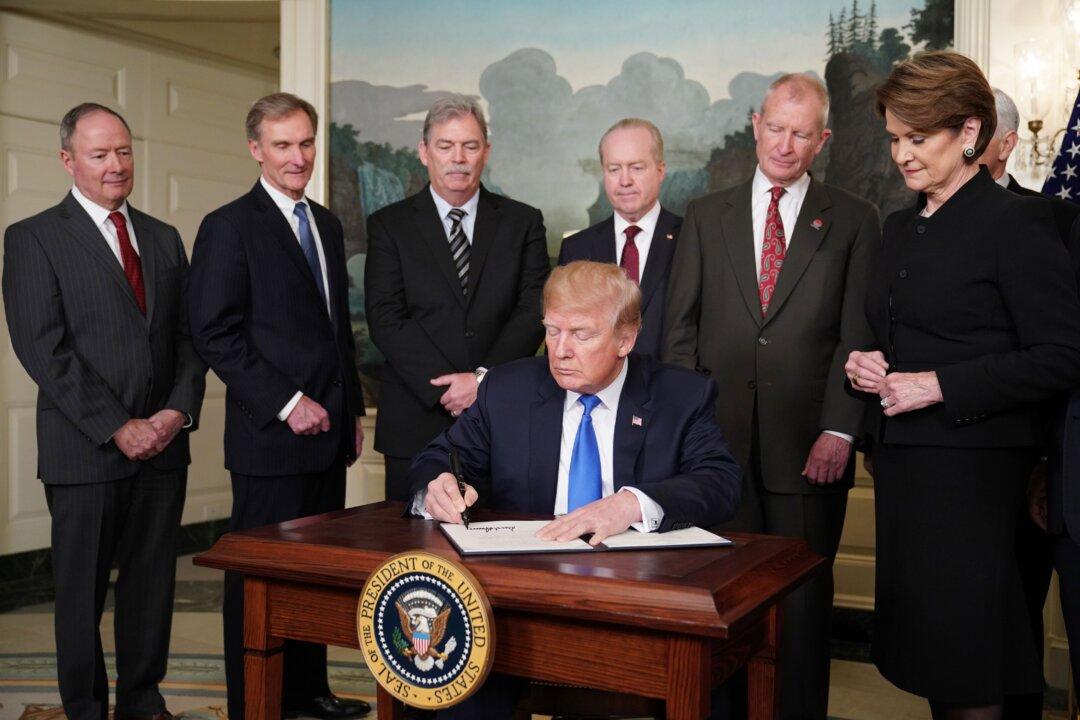Commentary
The previous installment in this series described Chief Justice John Marshall’s early life and his contributions to the ratification of the Constitution. This Part 2 examines his continuing career: his service as envoy to the French government during the infamous XYZ affair and his short tenures in Congress and as secretary of state.





